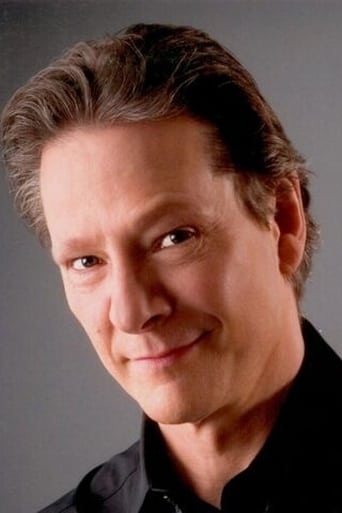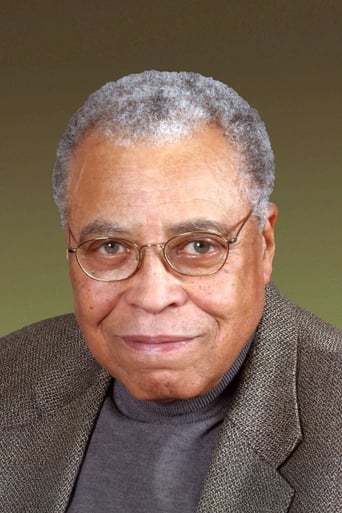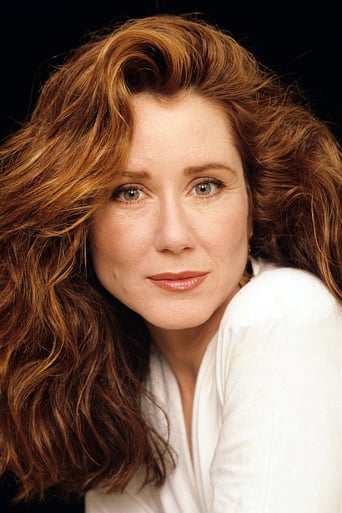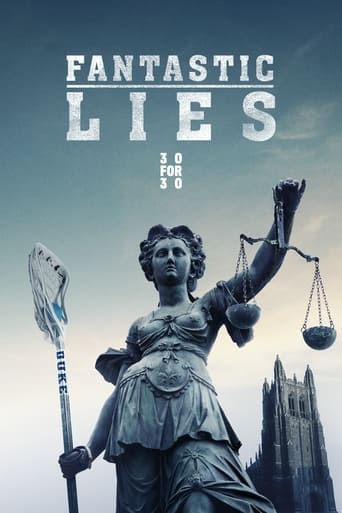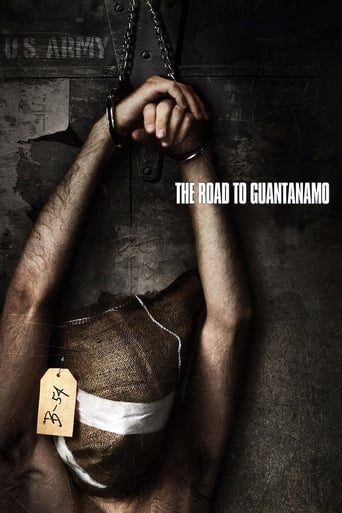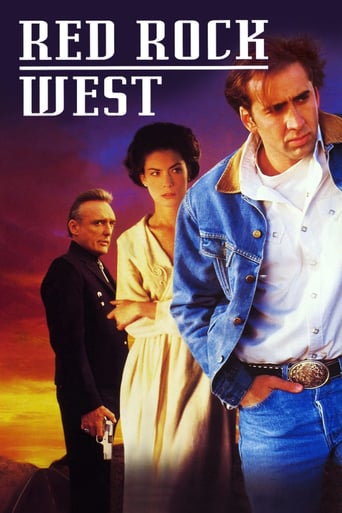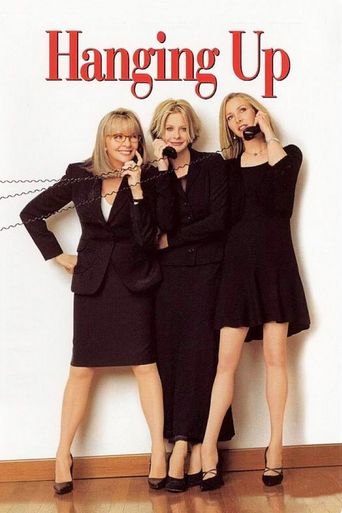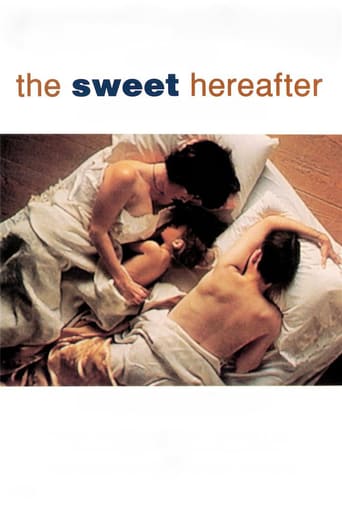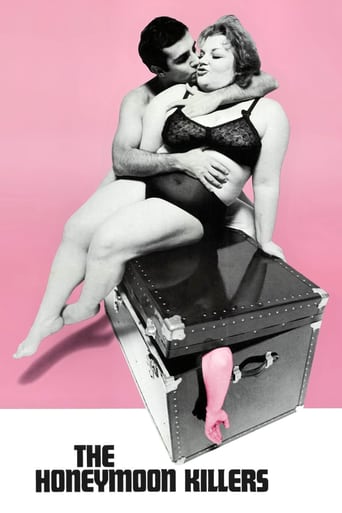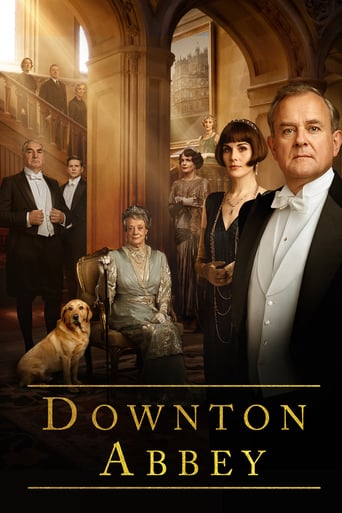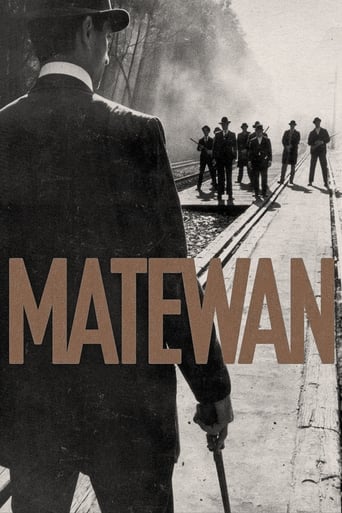
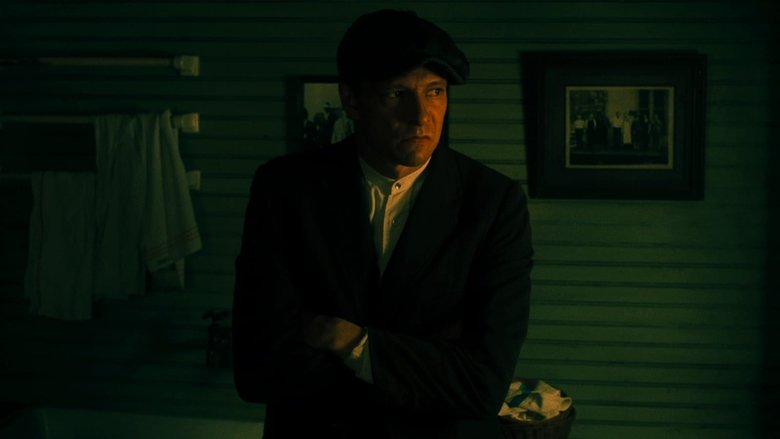
Matewan (1987)
Filmed in the coal country of West Virginia, "Matewan" celebrates labor organizing in the context of a 1920s work stoppage. Union organizer, Joe Kenehan, a scab named "Few Clothes" Johnson and a sympathetic mayor and police chief heroically fight the power represented by a coal company and Matewan's vested interests so that justice and workers' rights need not take a back seat to squalid working conditions, exploitation and the bottom line.
Watch Trailer
Cast
Similar titles
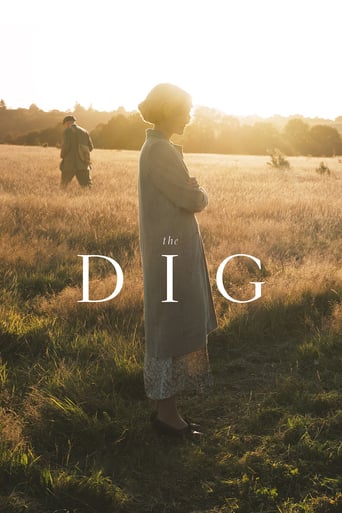
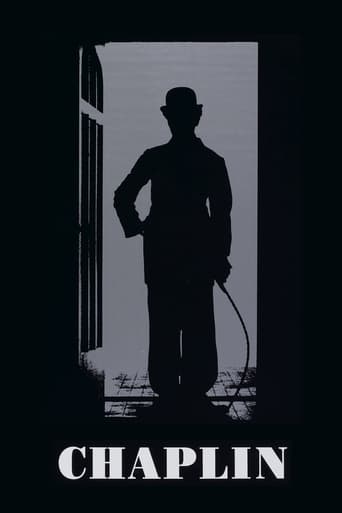
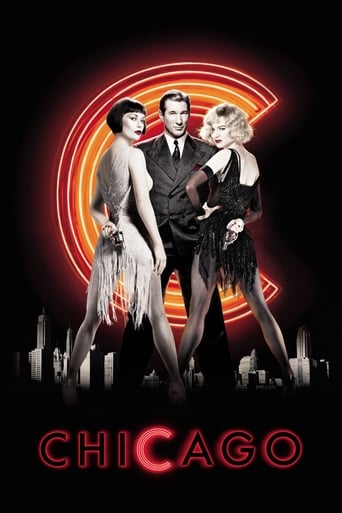
Reviews
The Worst Film Ever
Lack of good storyline.
This is one of the best movies I’ve seen in a very long time. You have to go and see this on the big screen.
It is a whirlwind of delight --- attractive actors, stunning couture, spectacular sets and outrageous parties.
A labor union organizer (Chris Cooper) comes to an embattled mining community brutally and violently dominated and harassed by the mining company.The problem with a union movie is that today (2016) the union movement is more controversial than ever. But making it a historical film sort of softens that blow. If anyone needed a union, it was the coal miners of West Virginia who were literally dying on the job. And the film ever mentions the use of company scrip, which is a nice touch because it seems to have been a major problem in its day.Chris Cooper deserves recognition for this film. I feel like he is an actor who has always been under the radar, maybe just being a face people know but a name that never seems to be talked about. Fans of Cooper really ought to start here.
I understand "Matewan" is a historical fiction drama that uses actual events as a way to convey a fictional story, but it nonetheless evokes a real time in American history that is seldom ever discussed in the popular media, mostly because the issues of that time speak ill of American technological and social evolution rather than anything that one could feel patriotic about. Artistic works that discuss the clashes between labor and capital during the Gilded and Progressive Eras will undoubtedly include a discussion of radical political beliefs that those with conservative tastes in 2012 may find offensive or un-American. Nevertheless, the clashes between workers and the owners of companies are an important part of American history, certainly as much as the Civil War, World War II, or the tumults of the 1960s, and it is important for writers and filmmakers to mention them now and again. In this sense, a quality movie like "Matewan" is an exception rather than the rule with regards to period dramas related to important events in American history. The sensitive and poignant way by which John Sayles tells the story of West Virginia coal miners and a labor strike which culminated in bloodshed make the audience engaged in the plot and, by extension, the real life events described in the movie.The film itself is seldom boring, and the protagonist characters (Chris Cooper, Mary McDonnell, and Will Oldham) are sympathetically credibly portrayed. The harsh realities of the West Virigina miners of the 1910s and 1920s is portrayed in such a graphic and grim manner that the audience has an actual stake in their struggle as it portrayed in the film. The antagonist characters--the thugs hired by the Baldwin Felts Detective Agency to put down the strike by any means necessary--are less interestingly portrayed: they are evil to the core, with nothing in their portrayal that would make them redeemable or three-dimensional. Some viewers will not like that the antagonists are not treated as realistic persons, but rather as monsters. There are few shades of grey in Sayles' movie: the miners are the good guys, and the mine owners and their hired thugs are the bad guys. Notwithstanding the dual morality depicted in the movie, the film is stark in its realism, and there is little to take away from it that will leave the audience with a warm feeling. While "Matewan" ultimately comes across as a polemic film with an obvious message about the struggles of the working man, it is still a powerful and well-made drama that viewers will find involving. The real Battle of Matewan and the West Virginia Miners' Strike of the early 1920s are obscure events in American history, but are nevertheless important as part of the greater trend of social unrest inherent in America's Industrial Revolution. John Sayles shows courage by making a film about a seldom-mentioned and uncomfortable part of America's history. Highly recommended.
John Sayles tackles a union struggle from 1920 in West Virginia where coal miners seeking a better pay and working conditions organize against a company who use race to divide the workers, making it a wedge between black and white workers.This was the era of the company store when the mining company owned the people doing all the back breaking work. The organizers are infiltrated by undercover agents; the hated Pinkerton's were well known for breaking strikes both covertly and overtly. Sayles sympathies clearly lie with the working class and this is an important work by an underrated director.
The recent mining accident not only underscores the dangers of mining, but what happens when the government is aligned with the mining companies against the workers (specifically, Bush is probably the most rabidly anti-labor president in history; at least in the last eighty years). "Matewan" shows these sorts of things in the early 20th century, when miners led by Joe Kenehan (Chris Cooper) went on strike against a mining company in West Virginia. It shows how the company tries to hire blacks and immigrants as scabs, so as to "divide and conquer", but the miners get the scabs to join the union; the mining company then goes into attack mode. All in all, this is a great look at a battle that continues to this day, and it affirms John Sayles as probably the greatest director alive today. As Howard Zinn once noted: "The history of the United States is a history of labor struggles."
